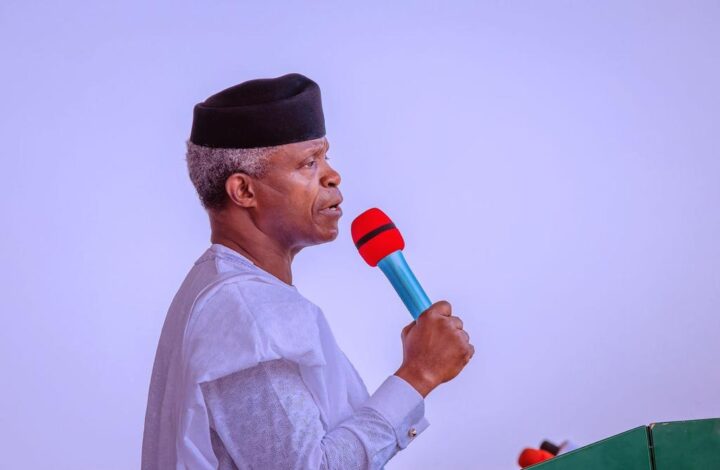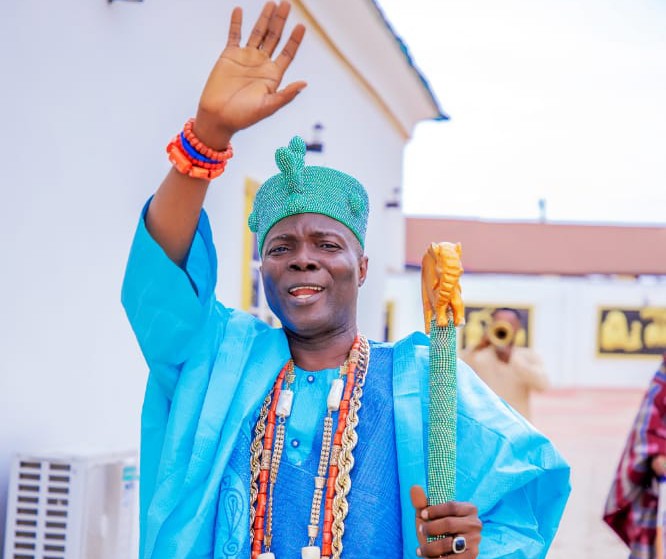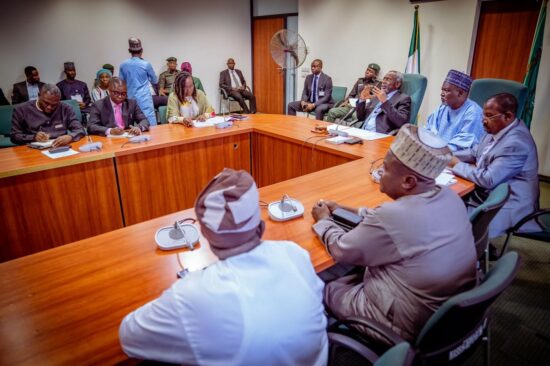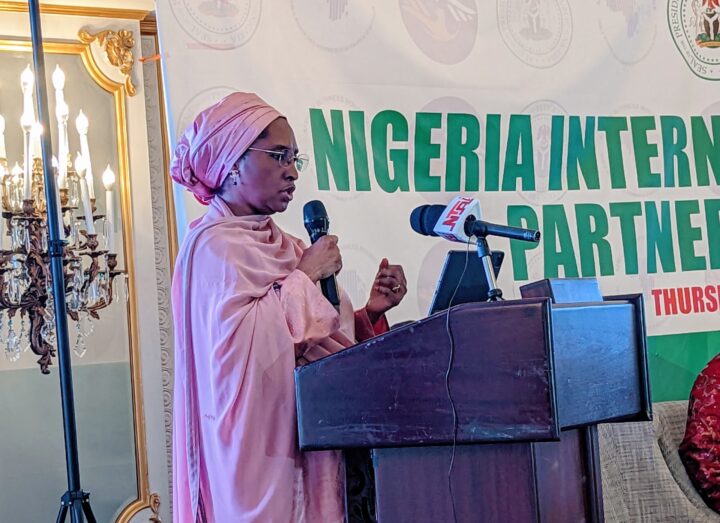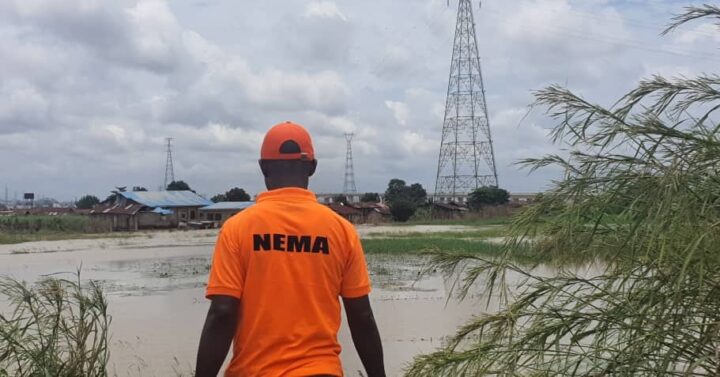Vice-President Yemi Osinbajo says there should be more efforts at all levels to improve investment in girl-child education.
Osinbajo said this on Thursday while speaking as a special guest of honour at the annual conference of the women directors development committee (WDDC) of the Institute of Directors (IoD) Nigeria, held in Lagos.
According to a statement by Laolu Akande, his spokesperson, the vice-president made a presentation in a pre-recorded message on the theme of the conference, ‘Facing Forward – The Evolving Nature of Boards in a Rapidly Changing World’.
Osinbajo said more female representation is needed in the country “as an economic imperative and not a moral duty of men or mere concession by men”.
Advertisement
“Just like the example of the education of the girl-child, a more effective and balanced female representation and participation in politics and government will have major impact on the country’s socio-economic future and overall national development,” he said.
“A country that keeps down half of its productive demography is bound to perform sub-optimally. But the issue is not just board representation, it is about representation in politics and government this is where major decisions affecting our lives are made. But perhaps, most importantly, it is about education of girls.
“The high levels of female illiteracy is dangerous from all possible standpoints. If half your population is uneducated, it means that development and being competitive in a knowledge-driven world will not happen or will happen too slowly to be of much use.
Advertisement
“Educated women means educated children, and this is the pipeline for women who will become CEOs, legislators, government officials and bureaucrats. Female representation must not be reduced to representation by a few elite women who have the good fortune of education.
“There is a much larger fight for the future of a large majority of girls who are not even represented in primary schools. We must talk to state governors. The states of the federation control primary and secondary education; they must be engaged in the advocacy and persuasion efforts.”
The vice-president also cited a reference to his experience while as attorney-general of Lagos state.
“I think a question that always seems to pop up in conversations on the subject is: ‘Do women do better than men in the same positions, or are men better performers on the job than women?’ The arguments will go on and on,” he said.
Advertisement
“When I was appointed attorney-general in Lagos in 1999, one of the major problems with the judiciary was corruption. We conducted a study of 200 lawyers who practice in the high courts of Lagos state; 89% of them said that judges were notoriously corrupt.
“We started a reform which involved compensation and discipline. But also, a deliberate head-hunting of female lawyers, many of whom had no previous courtroom experience, but were outstanding as academics, corporate lawyers and solicitors.
“When we announced our list of new appointees of 52 judges, seventy-five percent of them were females. In 2007, when the World Bank joined us in our survey of 200 lawyers, we asked the same question on perception of corruption in the judiciary as we asked in 1999; this time, zero (0) percent said judges in the high court of Lagos were corrupt.
“Now, there are many variables here, and we cannot say categorically that women make better and more honest judges than men; but the Lagos judiciary has shown that there may be a point in thinking that way.”
Advertisement
Add a comment
